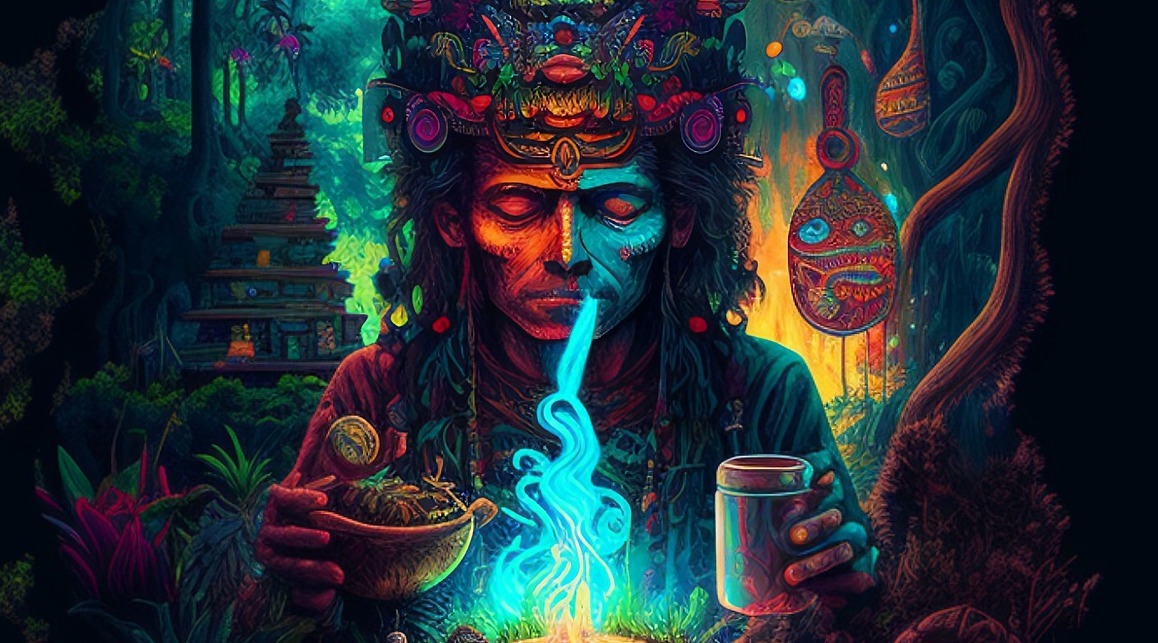Ayahuasca, magic mushrooms, and psycholicibine, MDMA, and LSD, the famous psychedelics that marked an entire generation in the 1960s, now have a resurgence. Those who have tried them swear they have changed their lives, and many describe the experience as spiritual. Many more are curious.
But leaving the spiritual aside, which is very debatable, scientific studies by traditional institutions like John Hopkins Hospital and Harvard, show promising initial results for topics like post-traumatic stress, anxiety, grief, and depression. At the 2018 DLD conference and WEF in Davos, usually several years ahead of what is going on in society, this topic was already a favorite. Meanwhile, references in media and popular culture are everywhere, as is the case with the book and Netflix series “How to change your mind.”

“Drugs are drugs and they do harm.” And so classified everything from cannabis to heroin, the latter responsible for a crisis that has ruined many families in recent decades. The point is that they were all put in the same bag, “drugs” and the scientific studies ended abruptly by court order. Do we have a drug problem in our society? Clearly… sugar causes obesity, alcoholism always present, but both are socially accepted. But these are legal, and many are proud to consume them …. and valium and Xanax…. are drugs. So, society is afraid of drugs, but only some. And curiously, the prohibition of many of these substances is associated with events like the war in Vietnam, where several other interests were combined (the probability of someone wanting to fight in a war after the use of psychedelics is proven to be very low). In the case of Portugal there is one of the most advanced legislations regarding “drugs”; with decriminalization, which is being used internationally as an example. In our country, clinics such as Liminal Minds are pioneers in the use of Ketamine for psychotherapy, and they do it in recognized hospitals. It is hoped that this will be the gateway to begin studying other substances.
With all this impact, then the pharmaceutical companies should be interested. Yes, they are already doing research on the topic, but in reality, the type of treatment is not as interesting as the business. Psilocybin is found in mushrooms that are cheap and easy to produce. The results at the end of a few sessions seem to be permanent, greatly reducing the duration of traditional therapies. For the pharmaceutical industry it is better business to treat symptoms over a long time than the causes quickly.
But it’s not all sweet pears. They seem to have contraindications under certain circumstances such as a family history of schizophrenia. And being in fashion, they attract various opportunists such as fake “shamans” who abuse clients, and an over-harvesting of plants, such as Ayahuasca and Peyote, which are becoming endangered. Junkies or illuminati… neither. Psychedelics are a tool that seems to have great positive potential for a society where mental health is increasingly weak and relevant. And they are already widely available, but often illegal and dangerous. It is fundamental to break past taboos and not continue to cover the sun with a sieve. We must study the subject intelligently and honestly, and according to the results define the best way to proceed.

